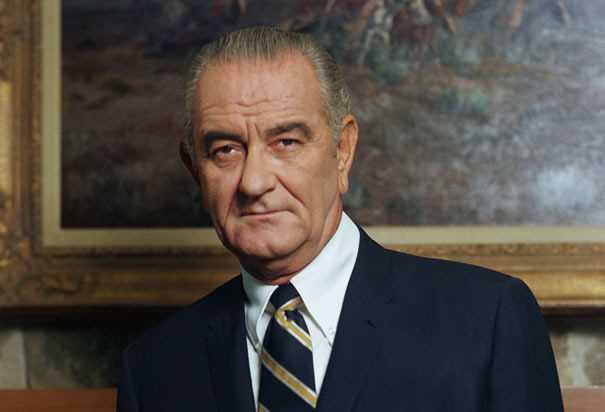On this day in 1965, President Lyndon B. Johnson tended to a joint session of Congress to encourage the section of enactment ensuring voting rights for all.

Utilizing the expression "we will survive," acquired from African-American pioneers battling for level with rights, Johnson pronounced that "each American resident must have an equivalent appropriate to vote." Johnson reminded the country that the Fifteenth Amendment, which was passed after the Civil War, gave all natives the privilege to vote to pay little mind to race or shading. Be that as it may, states had resisted the Constitution and raised obstructions. Segregation had appeared as education, learning or character tests managed exclusively to African-Americans to shield them from enrolling to vote.
"Their motivation must be our motivation too," Johnson said. "Since it isn't simply Negroes, in any case, it is every one of us, who must conquer the devastating inheritance of bias and shamefulness. What's more, we will survive."
The discourse was conveyed eight days after racial viciousness emitted in Selma, Alabama. Social liberties pioneer Rev. Martin Luther King and more than 500 supporters were assaulted while arranging a walk from Selma to Montgomery to enroll African-Americans to vote. The police brutality that ejected brought about the demise of a King supporter, a white Unitarian Minister from Boston named James J. Reeb. TV news scope of the occasion aroused voting rights supporters in Congress.
A second endeavor to walk to Montgomery was additionally hindered by police. It took Federal mediation with the "federalizing" of the Alabama national watch and the expansion of more than 2,000 different gatekeepers to enable the walk to start.
The walk to Montgomery at long last started March 21 with more than 3,000 members under the glare of overall news attention.
On August 6, 1965, Johnson marked the Voting Rights Act, which made it illicit to force confinements on government, state and nearby decisions that were intended to deny the vote to blacks.
While state and neighborhood authorization of the demonstration was at first frail, essentially in the South, the Voting Rights Act gave African-American voters the legitimate intends to challenge voting limitations and boundlessly enhanced voter turnout.
In 1970, President Richard Nixon broadened the arrangements of the Voting Rights Act and brought down the qualified voting age for all voters to 18.